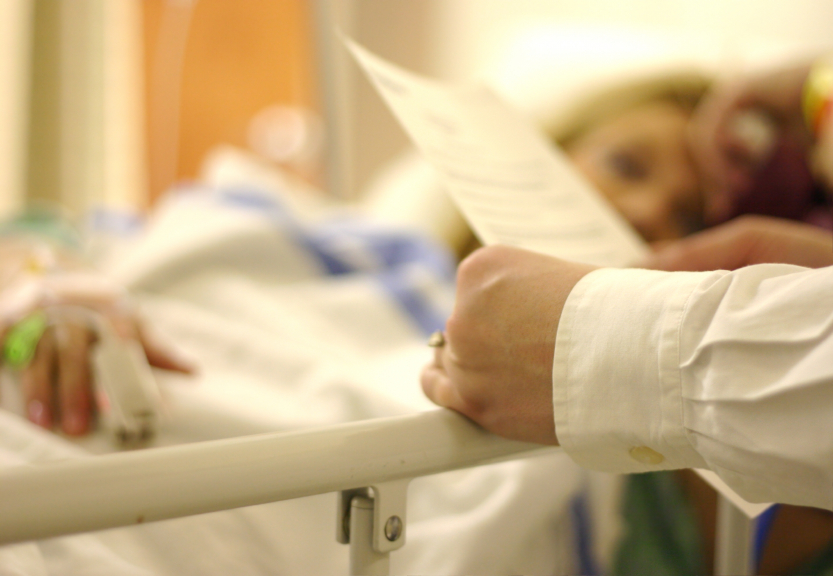Hearing loss affects 38 million Americans, a number that’s expected to double by 2060, with current aging population trends. An estimated one in three people in the U.S. between the ages of 65 and 74 currently has hearing loss, and two-thirds of adults age 70 years and older have a clinically significant hearing loss.
Older Adults with Untreated Hearing Loss More on Health Care
Now a new study led by researchers at the Johns Hopkins Bloomberg School of Public Health shows another reason to be concerned about this growing population – older adults with untreated hearing loss incur substantially higher total health care costs compared to those who don’t have hearing loss – an average of 46 percent, totaling $22,434 per person over a decade. This is one of the largest studies to look at this issue, following many individuals for a decade.
Compared to the patients without hearing loss, patients with hearing loss generated nearly 26 percent more in total health care costs within two years, a gap that widened to 46 percent by 10 years, amounting to $22,434 per individual ($20,403 incurred by the health plan, $2,030 by the individual in out-of-pocket costs). The study did not include patients with hearing loss who had evidence of hearing aid use.
Untreated Hearing Loss May Lead to Other Health Problems
The findings were published in JAMA Otolaryngology-Head and Neck Surgery, and add to a growing body of research from Johns Hopkins and elsewhere showing the detriments of untreated hearing loss, which may include a higher risk of dementia and cognitive decline, falls, depression and lower quality of life.
Hearing Loss Study Details
The researchers used a large de-identified health care dataset including administrative claims from 1999 to 2016 for people enrolled in large, private U.S. health plans and Medicare Advantage plans. The researchers used diagnosis codes to identify more than 77,000 patients with likely age-related untreated hearing loss, excluding those whose claims data indicated they used a hearing aid or whose hearing loss was secondary to a medical condition or toxic agent, such as chemotherapy.
The research team then matched each of these patients with other patients in the claims database on more than 25 factors including demographic characteristics, baseline health conditions and measures of health care utilization, such as inpatient hospitalizations and readmissions within 30 days, emergency department visits, days with at least one outpatient visit and health care costs. The researchers analyzed health care cost and utilization outcomes and trends at two-, five- and 10-year follow-up points.
At the 10-year mark, patients with untreated hearing loss experienced about 50 percent more hospital stays, had about a 44 percent higher risk for hospital readmission within 30 days, were 17 percent more likely to have an emergency department visit and had about 52 more outpatient visits compared to those without hearing loss.
Researchers Suspect Relationship between Hearing Loss and Other Health Issues
The study results do not indicate exactly why untreated hearing loss drives up health care utilization, but the researchers suspect a relationship between hearing loss and other serious health issues. In fact, in a companion paper, using the same data, researchers showed that untreated hearing loss is independently associated with significantly greater morbidity. For example, compared to those without hearing loss, those with untreated hearing loss had 3.2 more dementia diagnoses, 3.6 more falls and 6.9 more depression diagnoses per 100 people over 10 years. Over 10 years, those with untreated hearing loss had an estimated 50 percent greater risk of dementia, 40 percent greater risk of depression, and almost 30 percent higher risk for falls compared to those without hearing loss.
Though this research doesn’t prove that treating hearing loss could prevent these problems, it does indicate the need for further investigation, especially into how these conditions are related.



